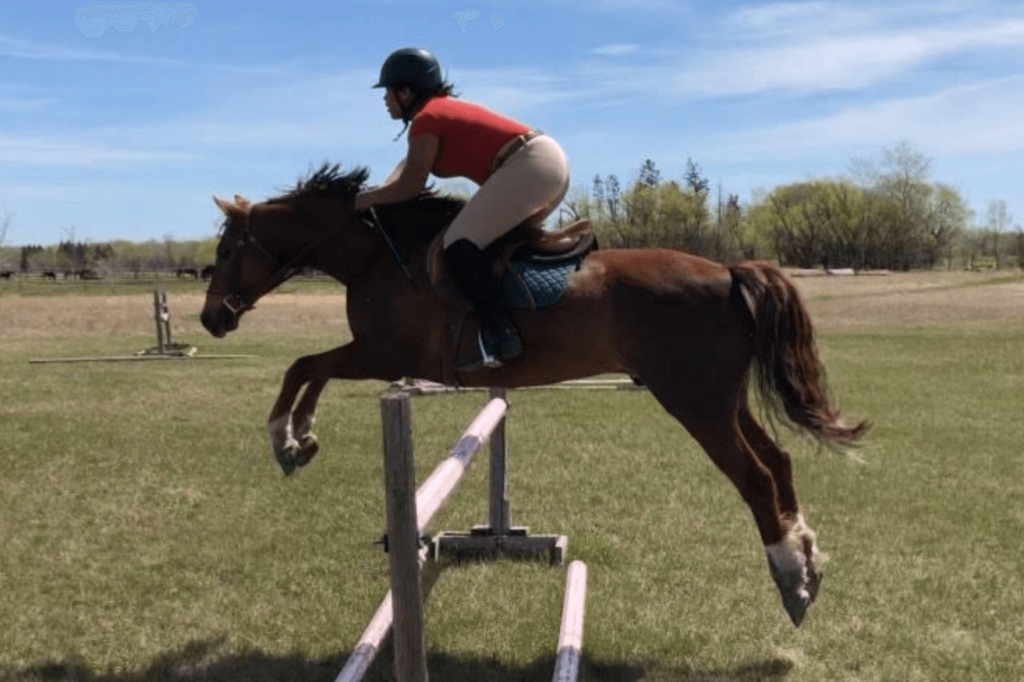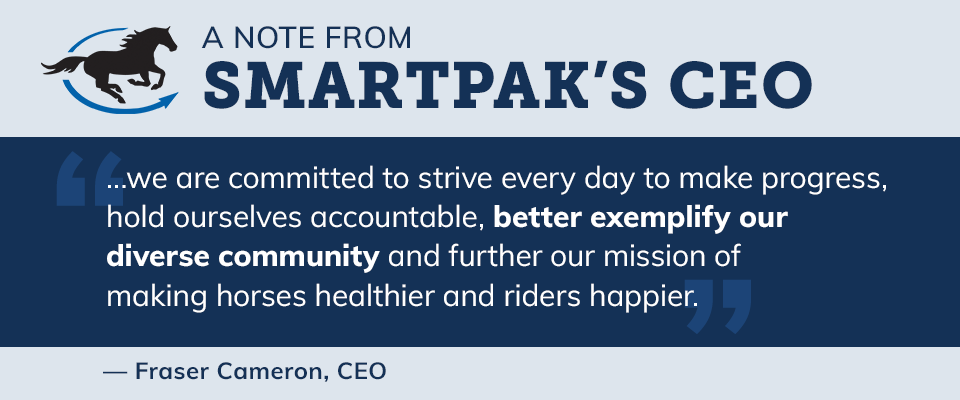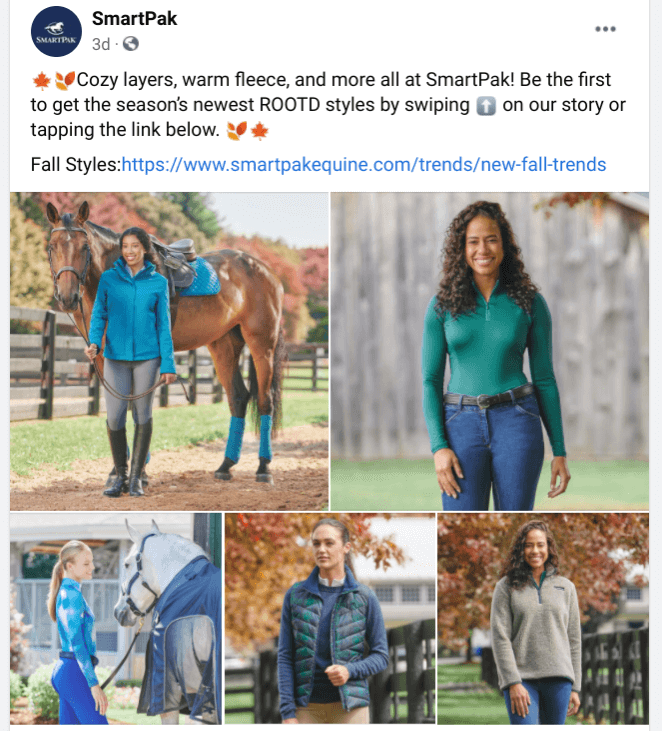In summer 2020, we launched a 1st Annual $5,000+ Diversity Scholarship with the support of generous donors, inviting minority equestrians to contribute to the discussion of diversity and inclusion in equestrian sport. It is the mission of this annual bursary, which we intend to expand in coming years, to call for, encourage, elevate and give a platform to minority voices in a space where they are underrepresented.
How do we build a more diverse, inclusive and accessible sport? In the coming weeks, we will explore this question alongside many of the 27 Scholarship recipients as they share with us their essays in full. Collectively, their perspectives coalesce into a body of work that will no doubt help inform a viable path forward for equestrian sport, and we are committed to connecting their actionable ideas with the public as well as leaders and stakeholders of the sport.
Today we welcome Mitike Mathews. More voices: Katherine Un | Muhammad Shahroze Rehman | Dana Bivens | Leilani Jackson | Julie Upshur | Aki Joy Maruyama | Jen Spencer | Jordyn Hale | Dawn Edgerton-Cameron | Madison Buening | Caden Barrera | Deonte Sewell | Anastasia Curwood
 Photo courtesy Mitike Mathews.
Photo courtesy Mitike Mathews.
My name is Mitike Mathews. I am 13 years old. I was born in Ethiopia, and I was adopted and came to Canada when I was 9 months old. My birth mom died during childbirth and I have no information on my birth dad. My birth grandma couldn’t take care of me and so she placed me in an orphanage with the hopes of someone adopting me. My adoptive parents adopted me when I was 3 months old and I arrived in Canada in September 2007.
I grew up mainly in Winnipeg, Manitoba with an older sister who is also adopted from Ethiopia. Two years ago my parents bought a small farm and we moved to the country.
You are probably asking yourself how did I get interested in riding. When my mom was 48, she decided to start taking riding lessons, which she had wanted to do for many years. I’m super close to my mom and went to her lessons and then I started begging my parents to let me take lessons. For my 6th birthday my parents gave me riding lessons. And from then on I was hooked.
I started off riding school horses and joined Pony Club at the age of 7. Eventually my mom bought me a pony. Well she actually bought it for herself but I kinda stole him. We boarded him for a few years and then 2 years ago when we bought a farm we were able to Jazzy to our farm.
I have taken Pony Club lessons for several years as well as stable management. I have participated in shows, derbies, horse trials, and various other Pony Club activities.
I currently am riding Jazzy — that’s the pony I stole from my mom. I take lessons with Lesa Cafferty who is a Prelim eventer. She has really helped Jazzy develop and she has given me my love of riding back (for a time, I thought about quitting). She treats me like a normal person and not different cause I am black. She has encouraged me to push myself more than I thought I ever could and she is one of the reasons I want to be a top eventer.
Unfortunately I have now grown out of Jazzy and need to get a new horse. Jazzy loves to jump but he really isn’t interested in jumping more than a 3-foot course. We are now looking for a new horse.
As I mentioned before I sort of stole Jazzy from my mom, and she has given me the opportunity to take lots of lessons on Jazzy. She has the occasional lesson but I receive most of the lessons. I come from a middle class family and we don’t have the money to pay for both lessons for myself and my mom. In order for me to get a new horse my mom is selling her horse Sunday (which she bought when I stole Jazzy) so that I can have a higher level horse. My parents have made a lot of sacrifices so that I can follow my dreams.
In the last 7 years of riding I have noticed that I have only seen one other black person in the sport. I have only seen two Asian individuals be part of the show world. Other than that participants as far as I can tell are caucasian. It is very discouraging to me being the only person of color at a show. If there were more competitors of color at a show I would be more comfortable. I often feel that I don’t belong and that I should quit riding.
Because of how my coach Lesa makes me feel I haven’t quit riding. She treats me like all of her other students and she doesn’t act differently towards me. She makes me feel like myself and I don’t have to hide who I am to fit in. I have never experienced direct racism or discrimination in the horse world; however, I notice and feel that I am different. Sometimes when I score low I wonder if it’s because I’m not white. Or I wonder sometimes when my friends get picked for special things and I have worked 20 times harder is it because I am black.
I would like things to change to the sport to make it more diverse and inclusive. One of the things I was thinking about to start with it: it would be very helpful to many individuals if riding was more affordable. This would allow families that aren’t just middle-class or upper-class to be able to ride.
Let’s say, for example, there is a 6-year-old black girl living with a single mom and her father has left her. She loves horses. They could be a therapy for her but she can’t do it because it’s too expensive. So she ends up like her mom and has a baby at 16 and is a single mom. If riding could be more affordable that situation could have been avoided because the horses could have been her therapist and riding could have given her connections that would point her in a bright future and would break the cycle for her family. But because riding is so expensive it is a conveyor belt.
If riding was more affordable more individuals could be part of the sport. This means that more individuals with diverse backgrounds could participate in riding.
Another reason why riding could be mostly a caucasian sport is that if you know a sport is caucasian and you are a minority individual you have less desire to be part of a group where you know you are in the minority. You may be afraid to participate.
One way in which black equestrians could feel more welcome is if equestrian apparel companies included more black women and men in their magazines and on their websites. Also, by offering a scholarship as Nation Media is doing to minorities — this can help individuals such as myself to further my riding goals and aspirations.
Another way to encourage people of minorities to participate in equestrian sports is for companies to provide sponsorship specifically aimed towards minorities.
I have researched high level riders and I have noticed that the few minority individuals are rarely recognized in horse magazines or articles. I feel as though some riders like Donna Cheek, Mavis Spencer, Kanyon Walker, Randy Ward and many more should get more recognition.
Thank you very much for the opportunity that you are giving me to be able to use my voice. I really appreciate how you guys are trying to make the equestrian and eventing community more welcoming and inclusive.
Nation Media wishes to thank Barry and Cyndy Oliff, Katherine Coleman and Hannah Hawkins for their financial support of this Scholarship. We also wish to thank our readers for their support, both of this endeavor and in advance for all the important work still to come.
Get involved! Thank you, Mitike, for not only sharing your experiences but also some great suggestions for how to make minorities feel more comfortable and included in the sport. One of them: “One way in which black equestrians could feel more welcome is if equestrian apparel companies included more black women and men in their magazines and on their websites.”
We agree that representation is so important! So how can we help to make this a reality?
Another Diversity Scholarship honoree, Dawn Edgerton-Cameron, wrote in her essay: “Companies listen when consumers vote with their wallets, and representation matters. The next time you pick up your favorite horse supply catalog or log onto your favorite equine shopping site, take a look at the models. How much diversity is there? Not much. If 70% of communication is nonverbal, this sends that ‘This isn’t for you’ message loudly and clearly. Take a minute to call, email or post on the company’s social media page and ask them what their plan is to be more inclusive in their marketing communications. If you don’t like their answers (or if they don’t have one) take your purchasing power to the 1-2 companies that are starting to get it and including more people of color in their pages.”
Nation Media is proud to partner with companies who “get it,” and today we officially promise our readers that we will never endorse or accept sponsorship from any retailer, brand or product who is anything less than welcoming to ALL.
A great example of a retailer and EN partner that IS striving for diverse representation: SmartPak — take a look at the SmartPak website or any of its social media channels (Facebook, Twitter, Instagram) for examples.

Mitike, please know that you are always valued, heard and included here. You are the future of this sport, and we promise you, change is coming.

